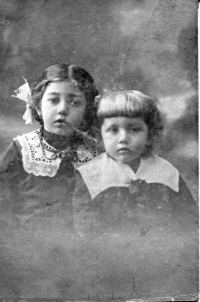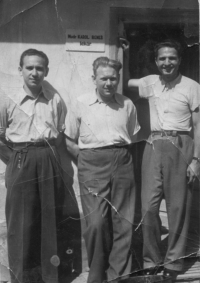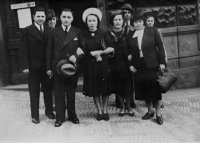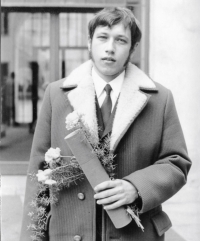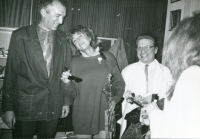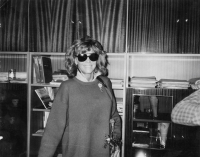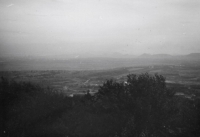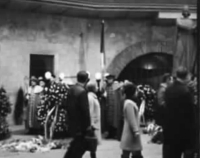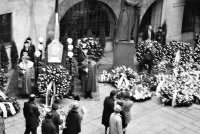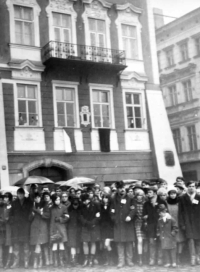My smog indicator and amplified sirens drove people into the streets
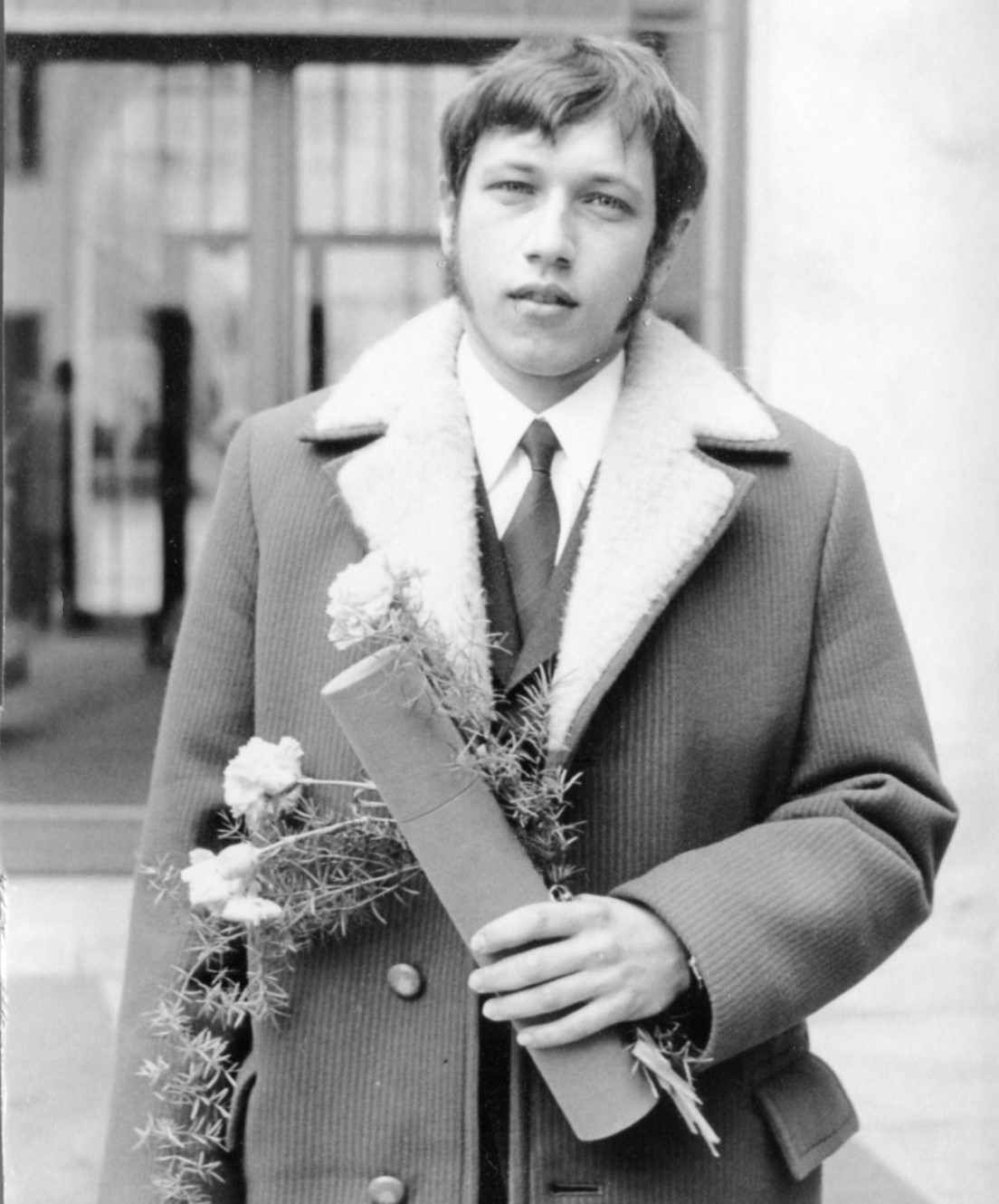
Stáhnout obrázek
Ivan Beneš was born on 21 June 1948 into a family of a district doctor and a housewife. His father Karel worked in Slovakia before the World War II, but after the declaration of the Slovak state he was arrested and taken to the collection camp in Vyhne near Zvolen. His parents had distance wedding and after the wedding his mother Vlasta came to Slovakia to visit his father. She was arrested and taken to the same camp. After the end of the war, the young couple returned to Bohemia and the father found a job in Košt‘any near Teplice, where he practiced for some time. Before the birth of the witness, the Beneš took in a boy whose parents had died in the Auschwitz extermination camp during World War II. After about a year, the child was claimed by his next of kin, who had served in the U.S. Army. When his service ended, he took the boy away. Ivan Beneš lived a beautiful and carefree childhood in Teplice. In order to improve his background profile so that he could study, his parents joined the Communist Party of Czechoslovakia (KSČ). His father left the party in 1968 for health reasons. He graduated from the Faculty of Science of Charles University with a degree in organic chemistry. After his studies, he joined the Institute of Organic Chemistry and Biochemistry in Prague, and twice completed a one-year internship at a friendly German institute in Halle an der Saale. He married twice and raised three children. His second wife is German. In 1983, he joined the district hygiene station as head of the hygiene laboratories, devoted to measuring environmental pollution, water analysis and scientific work. He worked in „Project Teplice“, which investigated the development of air pollution in northern Bohemia. He was investigated by State Security for his contacts and trips abroad. He worked at the regional hygiene station and health institute in Teplice until 2018, since when he has been retired.
